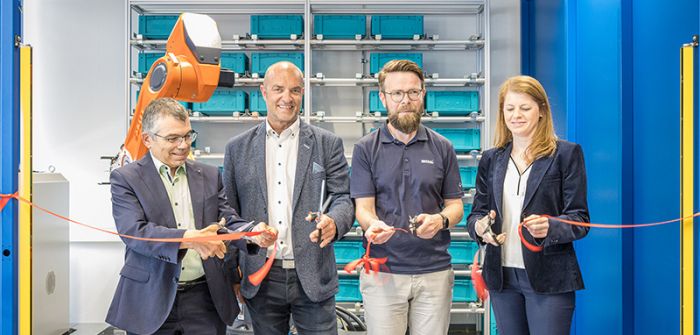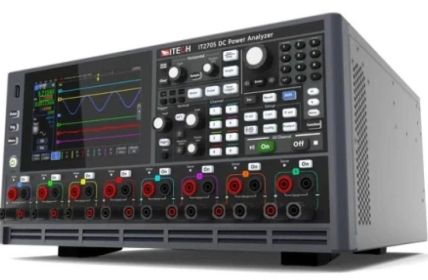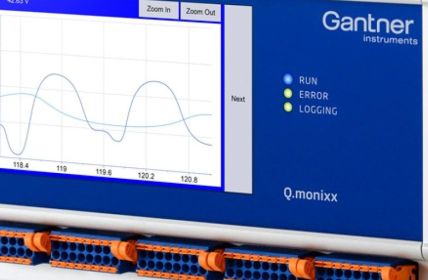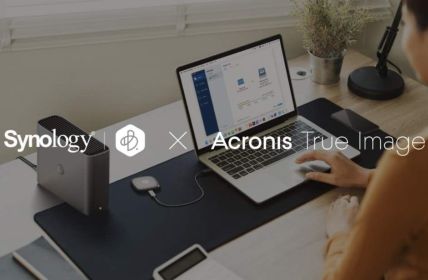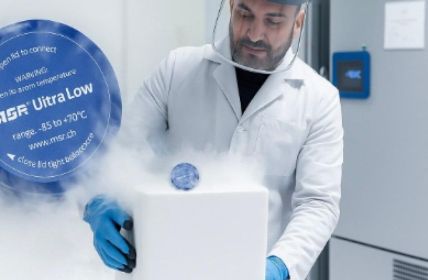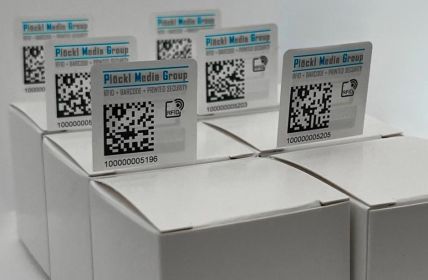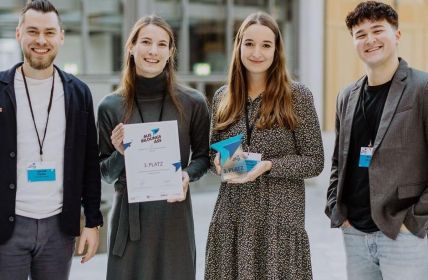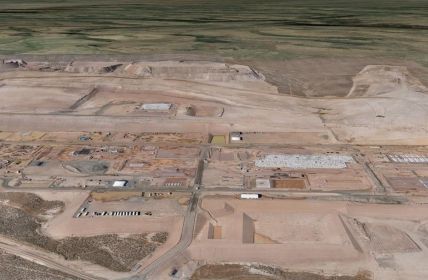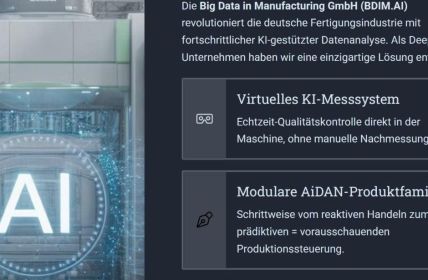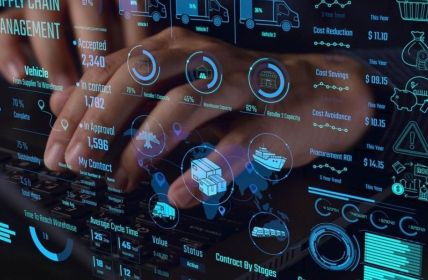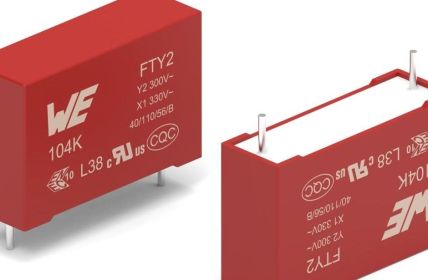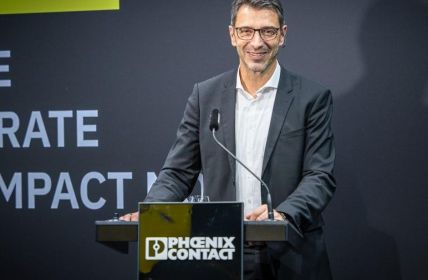The creation of the “Smart Factory Mittelhessen” at the Technische Hochschule Mittelhessen (THM) has helped to make the term “Industry 4.0” more tangible for small and medium-sized enterprises and to make the potential of this development visible to them. Until now, it has been a challenge for these companies to understand the benefits and opportunities of Industrie 4.0 and to integrate them into their business processes. The realisation of the “Smart Factory Mittelhessen” was made possible by the determined commitment of the THM, the generous financial support of public funding and foundations from companies in the region. The “Smart Factory Mittelhessen” now functions as a demonstration centre that provides small and medium-sized enterprises with concrete insights into Industry 4.0, supports them in its implementation and helps them to increase their competitiveness.
Cooperation for progress: THM and regional companies enable smart factory in Gießen
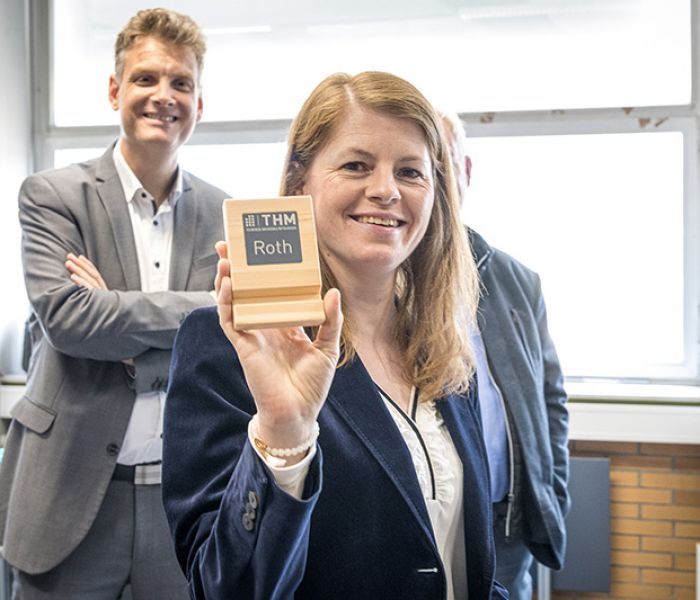
Smartphone accessories of the future: Dr Anne-Kathrin Roth from the foundation companies receives the pioneering, autonomously produced mobile phone holder during the demonstration. (Foto: Technische Hochschule Mittelhessen)
The Giessen Real Lab stands out as a unique facility where not only teaching and research are carried out, but also the democratisation of the automation of manufacturing processes and collaboration with robots is advanced. Prof. Dr Christian Überall, the initiator and director of the SFM facility, emphasised at the official opening that the goal is to make the concepts of Industry 4.0 accessible to every manufacturing company. The smart factory serves as a vivid example of the successful cooperation between the university and the local economy. The generous financial support from regional foundation companies and sponsors ensures that companies, regardless of their size, have the opportunity to benefit from modern manufacturing technologies and strengthen their competitiveness.
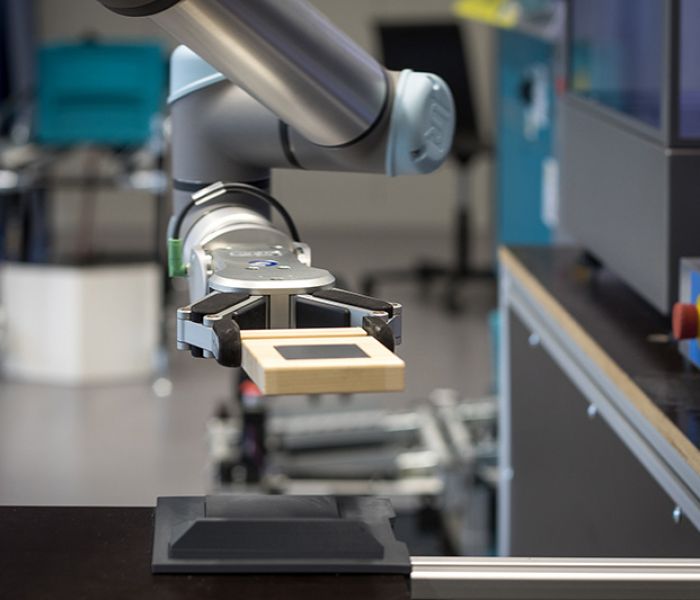
Safety and accuracy improved: human intervention obsolete in mobile phone holding in the production process (Foto: Technische Hochschule Mittelhessen)
Considerable financial resources were raised for the realisation of the project. The funding was made up of several sources, including 500,000 euros from the European Regional Development Fund and 380,000 euros from the Hessian Ministry of Science and the Arts and the WI-Bank. The coordination of the applications, tenders and procurement processes was the responsibility of Martina Hütten from the university’s “Research and Young Academics” department and Britta Dietz from the budget department. Überall expressly thanked both of them for their indispensable role in the rapid implementation of the project. The investments went into a wide range of different technologies, including a 3D printer, autonomous industrial trucks, a CNC milling machine, an injection moulding machine and a full-fledged industrial robot. Everywhere emphasised the ability of these technologies to communicate with each other and promised that, where appropriate, care would be taken to ensure that they have this capability out of the box.
In an impressive demonstration, Dr Anne-Kathrin Roth, representing the foundation companies, received a fully autonomously manufactured mobile phone holder. This demonstration showed in a vivid way how the technology communicates effectively with each other. The product, which is manufactured at the Foundation’s Manufacturing Technology and Microelectronics (SFM) company, is simple, yet a popular take-home item: an environmentally friendly mobile phone holder. Dr Anne-Kathrin Roth had the exciting opportunity to select a personalised holder from SFM’s webshop. As soon as she had specified her individual preferences, a small fleet of robots set into motion. They fetched the required individual parts from the shelf, drove to the appropriate processing stations where they were labelled and assembled. Finally, the finished brackets were packed into shipping bags.
Professor Überall emphasised that no human intervention was necessary in the entire process. Neither the writing of files nor the operation of machines and tools are required. Nevertheless, he said, the SMF was deliberately designed as a collaborative platform for humans and machines, since most production halls today and in the future will still be staffed by humans. No human intervention is required in the production of the mobile phone holder. This means that employees can move safely within the factory, as the technology takes them into consideration and interrupts processes if necessary or independently finds alternative routes if someone is in the way. This applies equally to the production of a mobile phone holder or a more complex product.
In future, the Smart Factory Mittelhessen will not only offer its own teaching events, but will also be regularly open to interested parties from the business community. Christian Überall explained that visitors only need to think about how they can transfer the processes used in the Smart Factory to their own production. At the opening, HessenMetall and the Gießen-Friedberg and Lahn-Dill Chambers of Industry and Commerce also signalled their interest in a possible collaboration with the Smart Factory Mittelhessen.


